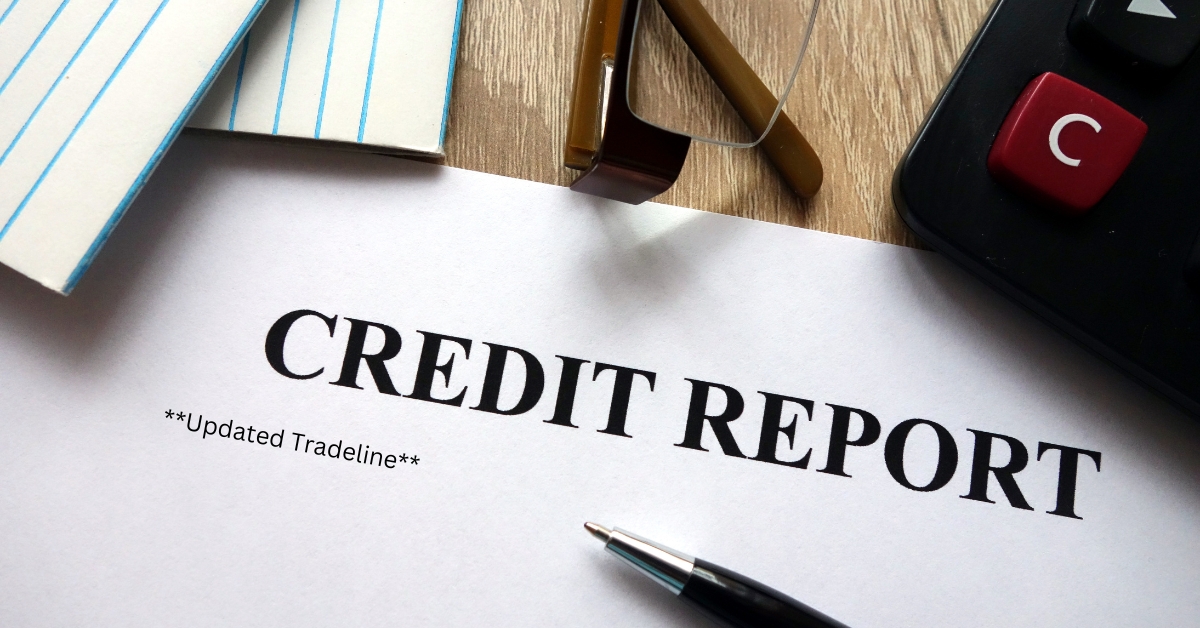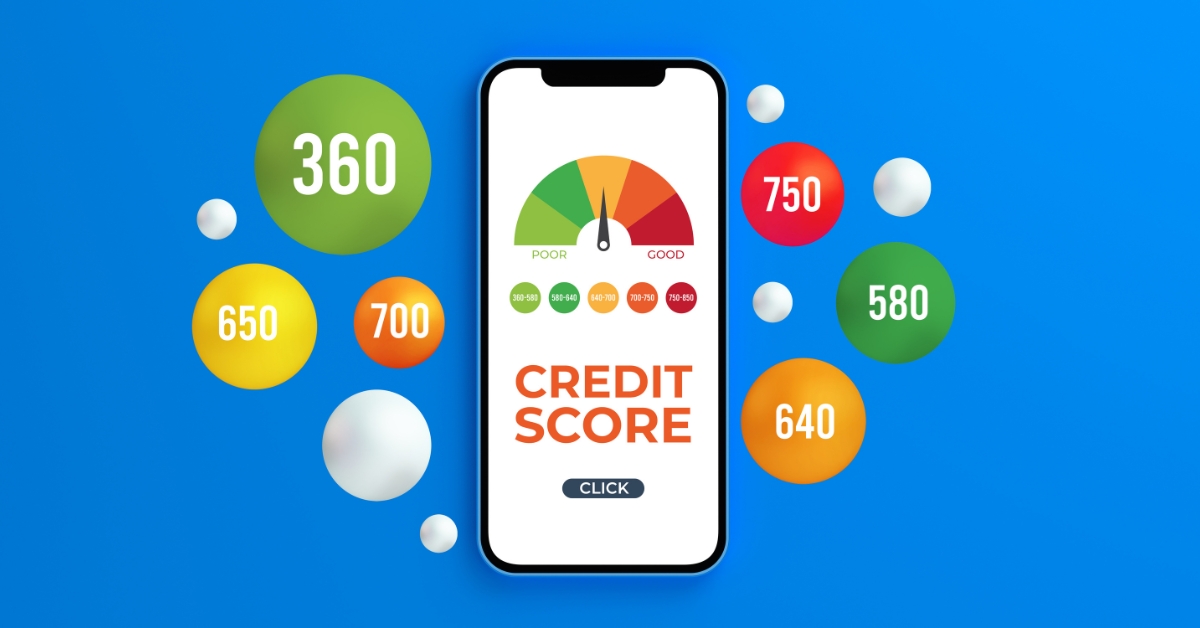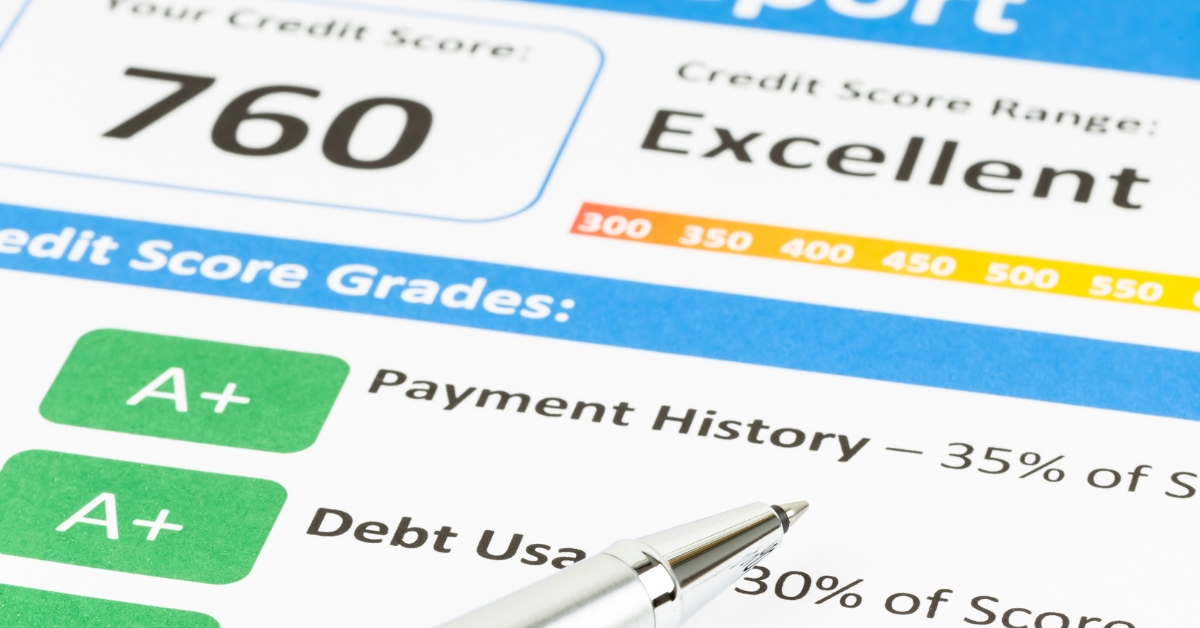Have you recently seen an “updated tradeline” note on your credit report? If so, you are likely wondering what it means.
When “updated tradeline” appears on your credit report, it indicates that there has been a recent change to one of your tradelines.
However, it does not indicate a specific change. Read this guide to learn more about what the phrase could signify and how it could affect your credit score.

What is the Meaning of “Updated Tradeline” on Your Credit Report?
A tradeline can be any credit that appears on your credit report. Each tradeline includes information about the origin of the credit, the limit, payment history, and other details. When one or more of those details changes, you may see an “updated tradeline” note on your report.
The phrase can signify many different types of changes, including:
- A recent payoff of an account.
- Account delinquency.
- Change in credit limit.
- Closed account.
- A changed credit card account balance.
- A new collection account.
- Any other changes to one or more tradelines.
How Does “Updated Tradeline” Affect Your Credit?
The effect of an “updated tradeline” differs depending on the change. Some of the changes that positively impact your score include:
- Account payoffs.
- Increased credit limits.
- Decreased balances.
- Items removed after a dispute.
- On-time payments.

Changes that can decrease your score include:
- New collection accounts.
- Account delinquencies.
- New accounts.
- Increased balances.
What Should You Do When You See “Updated Tradeline” on Your Report?
If you notice that your report says, “updated tradeline,” you should identify the change. Take note if the impact resulted from your action and increased your score.
You may need to take action when you identify accurate reports that negatively impact your score. In other cases, like when you open a new line of credit, you do not need to do anything. Your score will recover and increase as you use your card and make on-time payments.
When you identify a change that was not the result of the authorized use of your credit, you should immediately notify the creditor and submit a dispute to the credit bureaus reflecting the change.
Promptly reporting discrepancies can help minimize the impact of fraud on your credit profile.

Why Do Credit Bureaus Include an “Updated Tradeline” Note?
Credit bureaus add an “updated tradeline” note to notify you and creditors that your profile recently changed. It can indicate that your credit score has recently increased or decreased.
Like credit dispute comments, it helps creditors by providing them with a complete view of your credit.
For example, a creditor that checks your report and sees that your score recently increased due to you paying off a collection account would know that the change resulted from your recent activity and not your long-term credit habits.
Likewise, if a creditor sees that your score recently fell due to a new chargeoff, it may indicate that the consumer is having trouble managing their credit, which is a red flag for potential creditors and lenders.
It can also help to warn consumers of identity theft or credit card fraud. For example, if you receive a notification that a tradeline has been updated and you did not initiate the change, you know someone else has been using your credit.
Final Advice on an “Updated Tradeline” Note on Your Credit Report
Seeing “updated tradeline” on your credit report is not something you should immediately react to negatively. However, when you see the note, you should pay careful attention to the changes to your profile.
If you initiated the change, you should check to see how it impacted your score. If the change did not result from your action, you should dispute the inaccuracy.
Anytime you see “updated tradeline” on your credit report, you should look at what changed and how it impacted your scores.
For help with other credit repair and personal finance topics, like removing hard inquiries from your credit report, read the other guides on our site.
